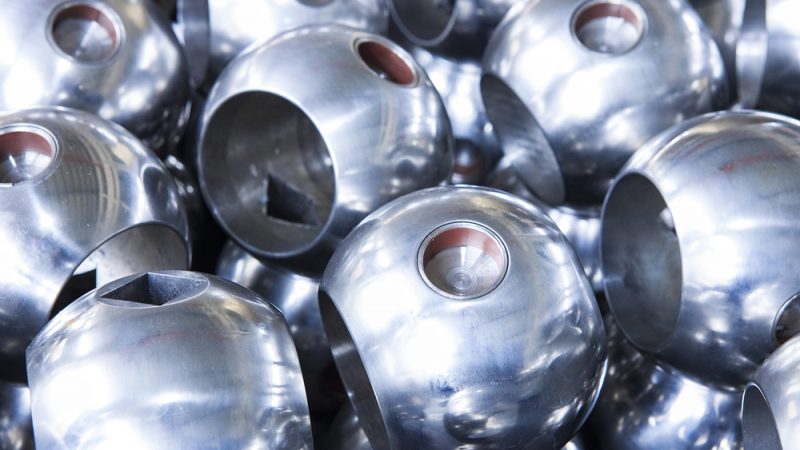Slovak aluminium producer Slovalco will halt production until electricity prices reach affordable levels after the government refused to compensate for rising expenses.
Slovalco expected the government would return a larger part of its payments for emission allowances. However, this has not happened.
“Slovakia has not put in place a competitive framework for CO2 compensation. This has prevented Slovalco from entering into long-term electricity contracts, and the current electricity contract expires at the end of 2022,” said Chairman of the Board of Directors Ola Saeter.
The company compared itself to other European aluminium producers, which supposedly receive much bigger compensation. Furthermore, it has warned that Slovakia and other European countries will have to increase the imports of “dirtier” aluminium from China.
Smelters around Europe face shutdowns. Some, such as Dutch zinc producer Nyrstar, which has already decided to end production.
However, factories will profit from the move as they can sell the electricity they have bought cheaply on the futures market. In the case of Slovalco, this amounts to €160 million. Even in its best years, it made a net profit of no more than €80 million.
Slovalco is the country’s largest electricity consumer – it consumes almost a tenth of the national production. It is also one of the biggest emitters in the country. Environment Minister Ján Budaj (OĽaNO) recently said “it might not hurt if some of the big emitters, such as Slovalco, left the country.”
Aluminium is a commodity of strategic importance, according to the European Commission, and the closure of the Slovalco factory could negatively affect already high construction material prices in Slovakia. EURACTIV reported earlier that high material prices are causing problems in some EU-funded projects.
Shareholders did not specify when Slovalco would restart production, only saying: when prices would become affordable. The prognosis for electricity is not favourable for future years as prices are heavily influenced by the cost of gas. Analysts warn production may never restart.


